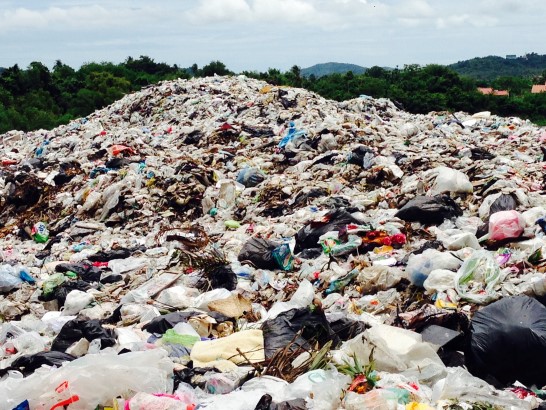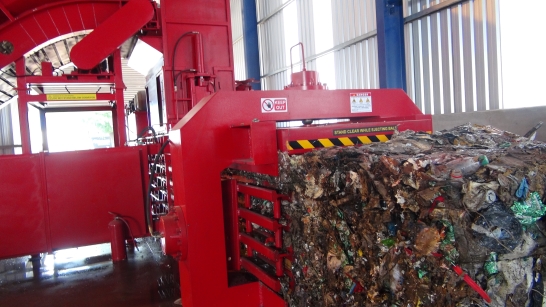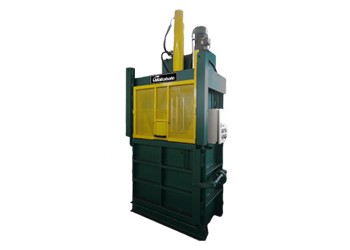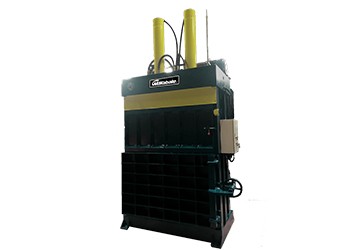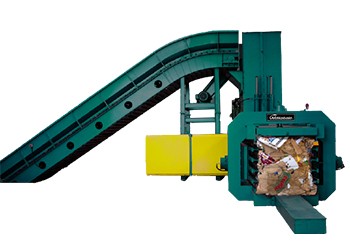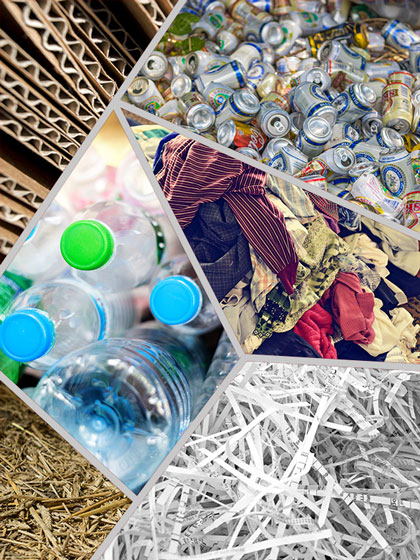What is Municipal Solid Waste?
Municipal Solid Waste (MSW) refers to the non-hazardous refuse items generated in the daily life of urban residents. Typical municipal waste includes product packaging, plastics waste, rubber, appliances, paper, clothing, construction waste. They mainly come from households, public institutions and commercial businesses.
Why Recycle Municipal Solid Waste?
MSW recycling is the process of recovering useful materials from the trash to make new products, reduce greenhouse gas emissions, and conserve natural resources. In return, recycling has many positive benefits. Below are some of them.
1. Reduce environmental pollution. Recycling MSW reduces the amount of waste in the environment. Since reusing materials that would have otherwise been thrown away into dumpsites takes up space, this helps in reducing the number of landfills and doesn't leave any negative impact on the environment.
2. Provides a local resource for manufacturing companies. As mentioned above, recycling is a process of reusing waste materials either to manufacture new products or to produce electricity from non-electric waste materials that are not suited for recycling. It provides a large source for manufacturing industries, which are in need of small and medium sized companies that generate a lot of waste. Most manufacturers use their waste to produce new products, reducing the needs of virgin raw materials.
3. Reduce air and water pollution. Waste collected from homes such as plastics and paper that can be recycled is taken to a recycling plant. The waste is sorted at the plant and the non-recyclable waste is incinerated, which results in the emission of a lot of carcinogenic fumes into the environment. Some of these fumes cause cancer and respiratory problems among others.
4. Reduce disposal cost. The cost to dispose MSW to landfills is not low. Recycle MSW can reduce the amount of waste goes to landfill. The disposal cost will be reduced and also generate a revenue steam through proper compressing and baling of the waste.
